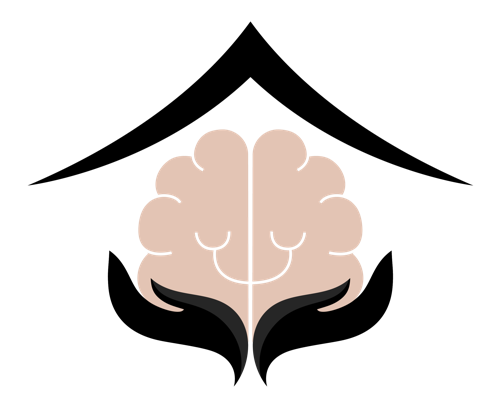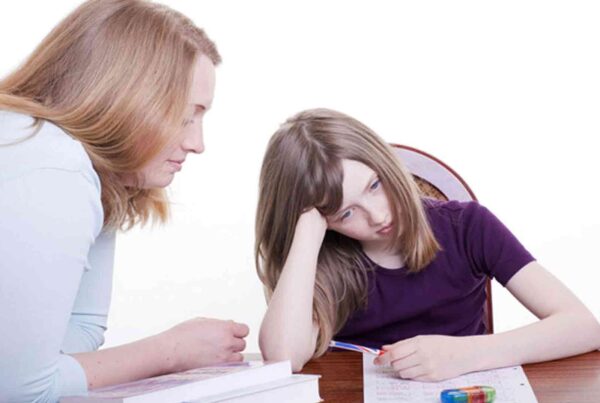Attention-Deficit Hyperactivity Disorder (ADHD) often goes unnoticed, yet its impact on relationships can be significant. For individuals living with this condition, everyday interactions can pose unique challenges. Understanding how ADHD affects relationships and learning to navigate these challenges is crucial for building solid and fulfilling connections with others.
Understanding ADHD in the Adult Relationship Context
ADHD in adults can manifest in various ways that impact relationships. Common symptoms include distractibility, forgetfulness, impulsivity, and difficulty with time management. These traits can lead to misunderstandings and frustrations in relationships, especially if the partner without ADHD doesn’t fully understand the condition. It’s essential to recognize that these behaviors are not intentional but are part of the neurological makeup of an individual with ADHD.
Communication: The Key to Navigating ADHD in Relationships
Effective communication is essential in any relationship, but it becomes even more critical when one partner has ADHD. Adults with ADHD might struggle with listening attentively or may speak out of turn, which can lead to misunderstandings. Developing strategies for better communication, such as establishing “talk times” or using clear, concise language, can be incredibly beneficial.
Strategies for Managing ADHD in Relationships
- Develop a Routine: Structured routines can help manage ADHD symptoms. This can also include setting aside specific times for discussions or activities together.
- Use Reminders and Tools: Calendars, alarms, and reminders can help you remember important dates and commitments.
- Seek Understanding: Both partners should strive to learn about ADHD. This understanding can foster empathy and patience in the relationship.
- Counseling or Psychotherapy: Couples therapy, especially with a therapist who understands ADHD, can be a great way to work through challenges together.
The Role of the Non-ADHD Partner
It’s equally important for the non-ADHD partner to understand how their reactions and behavior can affect the relationship. Patience and understanding are key. Avoiding blame and finding constructive ways to deal with frustrations can help build a stronger bond.
Overcoming Challenges Together
Relationships where one partner has ADHD can face unique challenges, but they also have the opportunity to grow stronger through understanding and cooperation. By working together, couples can develop strategies that play to the strengths of both partners, creating a dynamic where both individuals feel valued and understood.
Adult ADHD can present challenges in relationships, but with awareness, effective communication, and mutual understanding, these challenges can be navigated successfully. Remember, every relationship requires effort and patience. When one partner has ADHD, this simply means that the effort involves a unique set of strategies tailored to address the symptoms of ADHD. Ultimately, the goal is a loving, supportive, and understanding relationship where both partners feel heard and appreciated.



